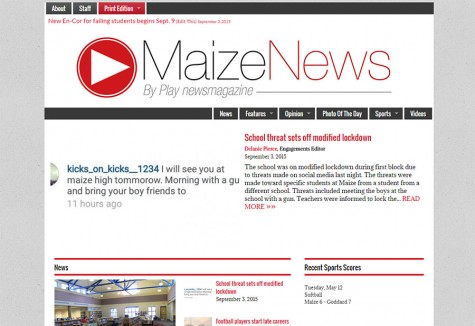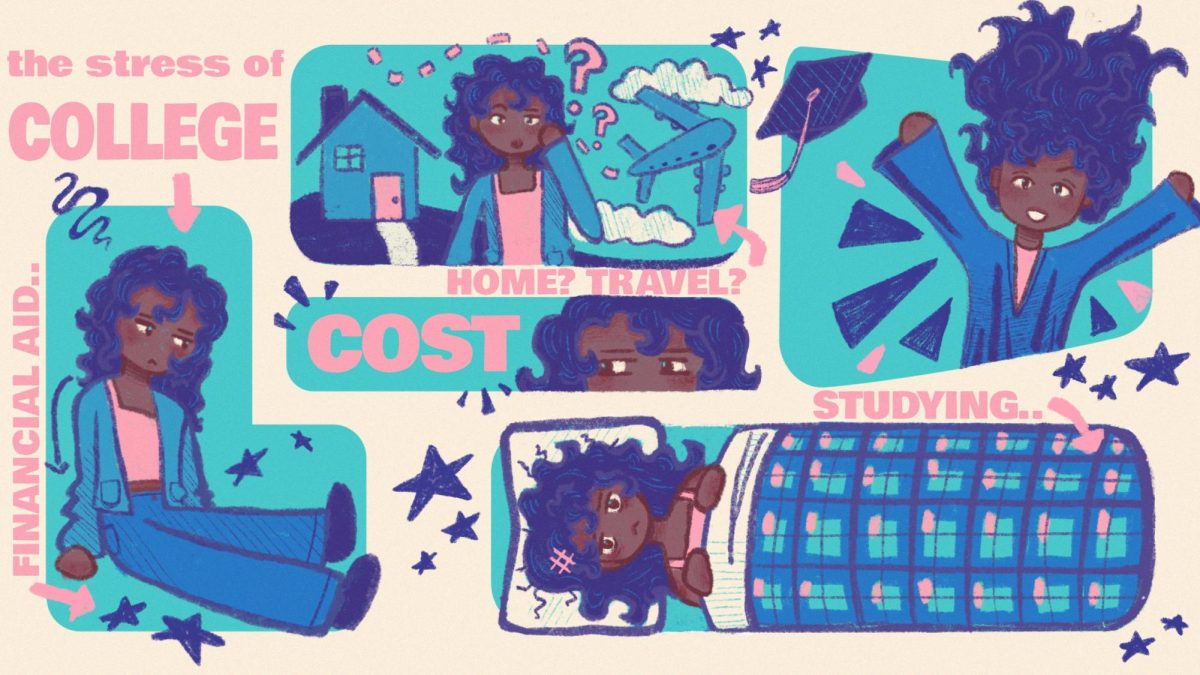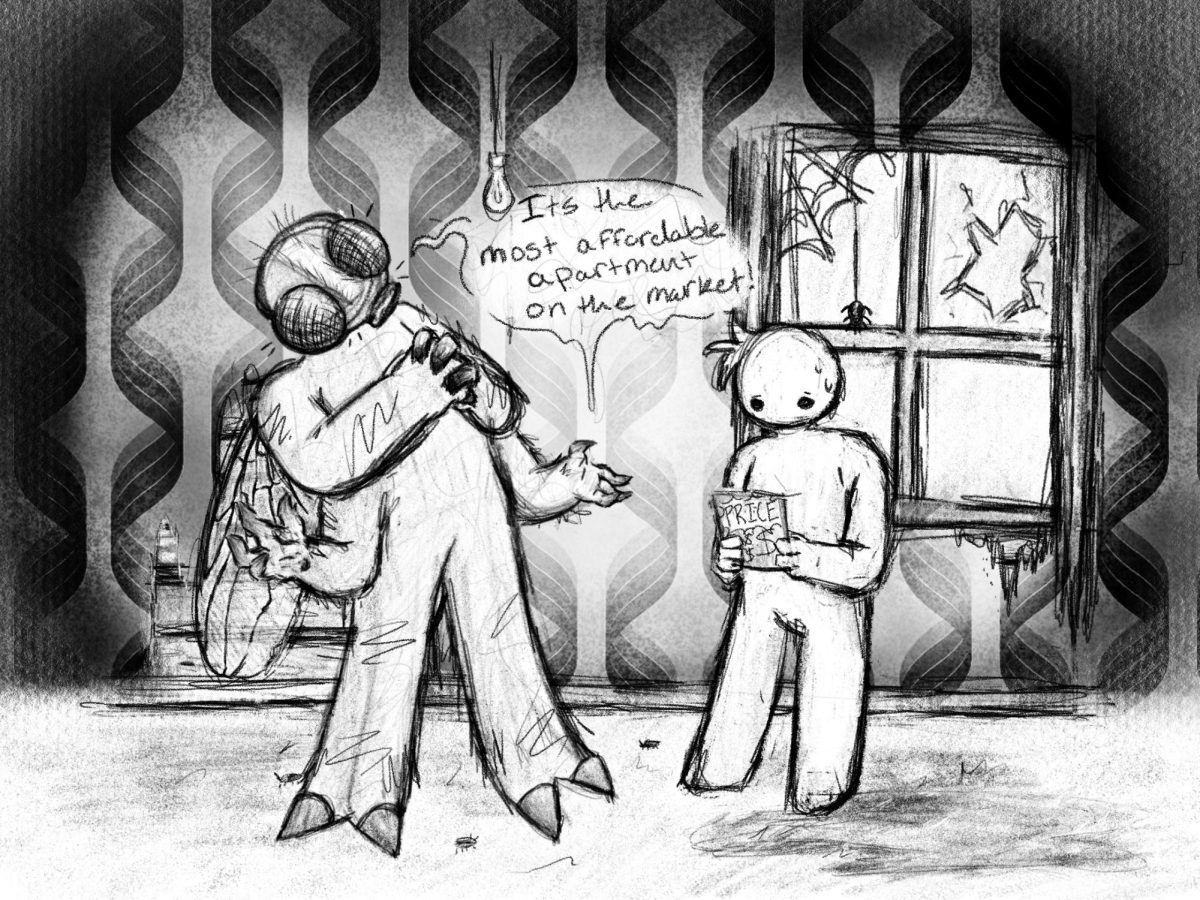Editorial: Play decides to keep controversial photo
September 4, 2015

After the publication of an online story “School threat sets off modified lockdown,” the Maize administration requested that Play remove the identifying features of the Instagram screenshot that was used.
Play collectively decided that the photo would remain as originally published despite the consideration of different ethical and legal factors.
The staff held a discussion to help reach the decision, and all sides of the subject were taken into account, including the boy’s reputation, safety and the credibility of Play.
Professional news stations did not run the photo because they don’t have the same close proximity to Maize that Play does.
Because we are a high school publication in Kansas, we were able to publish this information despite the administration’s request. According to Kansas law, high school publications have the same rights as any other news publication with few exceptions. Student publications in Kansas are not subjected to administrative prior review.
The Kansas Student Publications Act, instated in 1992, states: “The liberty of the press in student publications shall be protected. Material shall not be suppressed solely because it involves political or controversial subject matter.”
Frank LaMonte, executive director of the Student Press Law Center, stated that the law gives Kansas student news organizations a unique opportunity many other students wouldn’t be able to publish. Most other states fall under the Hazelwood standard, a 1988 Supreme Court ruling that limited student press rights.
“Under Kansas law, students have the right to publish lawful material, and this would be lawful to publish. … There’s nothing that invades privacy … or is otherwise illegal,” LaMonte said. “In a lot of states, this would be a difficult discussion, but Kansas has made the rights of students very clear by passing such legislation.”
Earlier this week, Play had a discussion concerning a Washington, D. C., high school facing prior review issues.
“We often discuss our rights and ethics in class, especially when we have real-time examples in the news,” Play adviser Dan Loving said. “One thing I’m most proud about is that my students understand that just because they have the right to do something doesn’t mean that it’s the right thing to do.
“In this instance, the law is clearly in their favor. What they had to decide was the ethics of the situation. And I would stand behind them regardless of their decision. That’s an essential step in the learning process.”
Play believes that the photo poses no additional harm to the boy or his reputation.
“There’s no way someone could Google his name at 35 and find his (Instagram),” LaMonte said.
Play took into consideration that his image already was published on Instagram, which is a public forum, and the posts were passed from student to student via text long before our story was published online. Additionally, we never published his name, grade or school.
It also is our belief that publishing the Instagram post added credibility to our story. Removing it would take away from that credibility.




